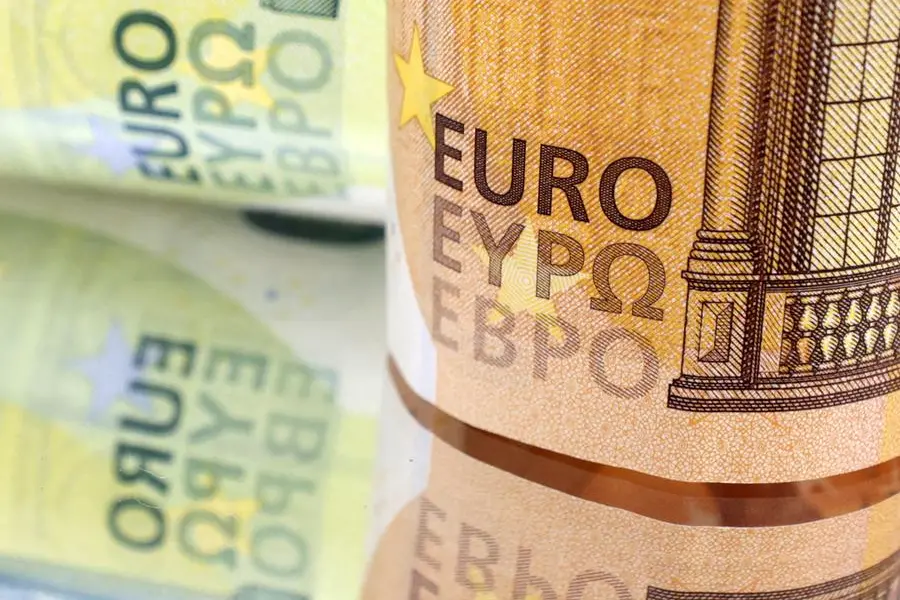PHOTO
LISBON - Portugal's main opposition leader vowed on Saturday to lower income tax for young people and gradually increase state pensions if he wins a snap election called earlier this month after the country's prime minister stepped down.
Portuguese Socialist Prime Minister Antonio Costa resigned on Nov. 7 over an investigation into alleged illegalities in his government's handling of lithium, hydrogen and data centre deals.
President Marcelo Rebelo de Sousa called an election for March 10.
A poll by Intercampus showed on Friday that Costa's Socialist Party, which will elect a new leader next month, with 23.6% of the vote and centre-right opposition Social Democrats (PSD) with 21.9%. Other polls show PSD ahead.
According to Friday's poll, PSD would need the support of far-right party Chega to establish a government but party leader Luis Montenegro has so far ruled out any such alliance.
Often criticised for lacking political charisma, Montenegro acknowledged at a party congress on Saturday that some believed he had to be "more energetic and sharp" and promised to give his all in the race for premiership.
"Let's get to work, let's go to the streets," said the 50-year-old. "We are the only alternative that counts ... anyone who wants a change in government ... has to vote for the PSD."
Montenegro said the PSD would release its full party programme in due course but said some of its proposals would include lowering income tax for those under 35 and free daycare and pre-school for all.
In a bid to attract older voters, Montenegro said the PSD would not "cut one cent from any pension" and that they would gradually increase. The minimum monthly monetary benefit for low-income pensioners should be 820 euros ($894.37) by 2028, he said.
He said it was important to attract migrants to Portugal to help solve its demographic challenges, saying the "door shouldn't be wide open nor locked," adding: "It is necessary to regulate and dignify."
Montenegro, a lawyer, seemed to be making an indirect reference to Chega, which has anti-immigration policies at the top of its political agenda. He also said it was crucial to eradicate corruption, regulate lobbying and criminalise illicit enrichment.
($1 = 0.9168 euro)
(Reporting by Catarina Demony in Lisbon; Editing by Matthew Lewis)





















